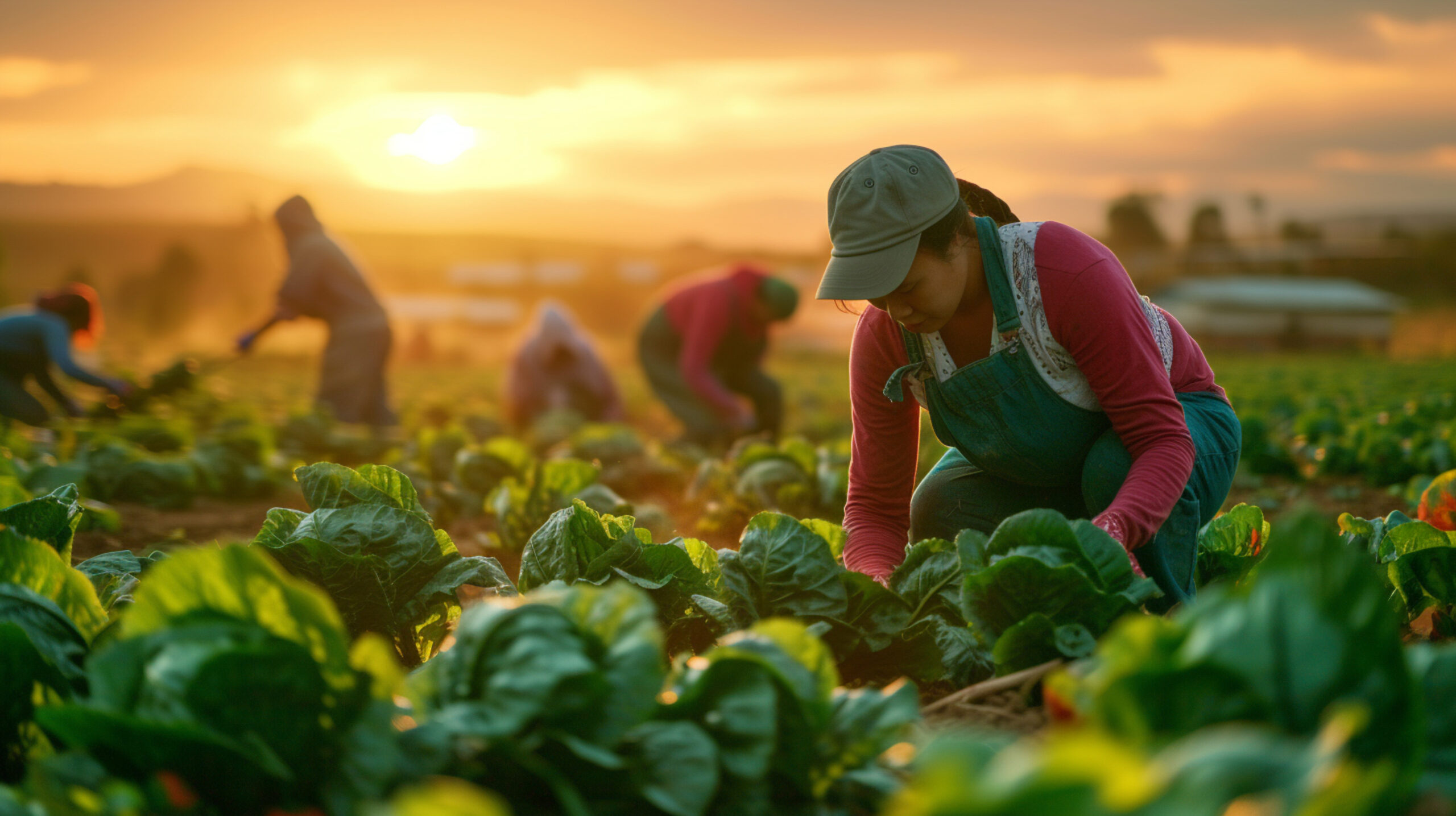
Introduction:
Climate change is one of the greatest challenges of our time, and organic farming can play a key role in mitigating its effects by adopting sustainable practices.
Main Points:
- Carbon Sequestration: Organic farming improves soil’s ability to absorb carbon from the atmosphere, helping to reduce greenhouse gas emissions.
- Reduced Energy Consumption: Without the need for chemical fertilizers and pesticides, organic farming reduces energy consumption and lowers emissions.
- Resilient Ecosystems: Organic farms are more resilient to extreme weather patterns due to healthier soils and diverse ecosystems.
- Water Conservation: Organic methods use less water, which is crucial in combating droughts linked to climate change.
Conclusion:
Organic farming offers a powerful way to reduce the impact of agriculture on climate change, promoting long-term environmental sustainability.









